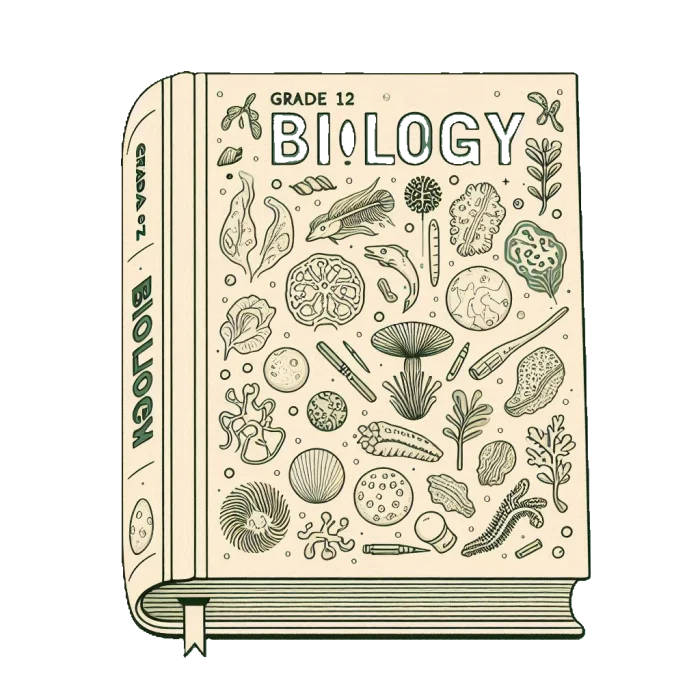This course provides students with the opportunity for in-depth study of the concepts and processes that occur in biological systems. Students will study theory and conduct investigations in the areas of biochemistry, metabolic processes, molecular genetics, homeostasis, and population dynamics. Emphasis will be placed on the achievement of detailed knowledge and the refinement of skills needed for further study in various branches of the life sciences and related fields.
Prerequisite: Biology, Grade 11, University Preparation
Type:University Preparation
Credit Value:1.0
Curriculum Policy:
A. Scientific Investigation Skills and Career Exploration
A1. demonstrate scientific investigation skills (related to both inquiry and research) in the four areas of skills (initiating and planning, performing and recording, analysing and interpreting, and communicating);
A2. identify and describe careers related to the fields of science under study, and describe contributions of scientists, including Canadians, to those fields.
B. Biochemistry
B1. analyse technological applications of enzymes in some industrial processes, and evaluate technological advances in the field of cellular biology;
B2. investigate the chemical structures, functions, and chemical properties of biological molecules involved in some common cellular processes and biochemical reactions; B3. demonstrate an understanding of the structures and functions of biological molecules, and the biochemical reactions required to maintain normal cellular function
C. Metabolic Processes
C1. analyse the role of metabolic processes in the functioning of biotic and abiotic systems, and evaluate the importance of an understanding of these processes and related technologies to personal choices made in everyday life;
C2. investigate the products of metabolic processes such as cellular respiration and photosynthesis;
C3. demonstrate an understanding of the chemical changes and energy conversions that occur in metabolic processes
D. Molecular Genetics
D1. analyse some of the social, ethical, and legal issues associated with genetic research and biotechnology;
D2. investigate, through laboratory activities, the structures of cell components and their roles in processes that occur within the cell;
D3. demonstrate an understanding of concepts related to molecular genetics, and how genetic modification is applied in industry and agriculture
E. Homeostasis
E1. evaluate the impact on the human body of selected chemical substances and of environmental factors related to human activity; E2. investigate the feedback mechanisms that maintain homeostasis in living organisms; E3. demonstrate an understanding of the anatomy and physiology of human body systems, and explain the mechanisms that enable the body to maintain homeostasis
F. Population Dynamics
F1. analyse the relationships between population growth, personal consumption, technological development, and our ecological footprint, and assess the effectiveness of some Canadian initiatives intended to assist expanding populations;
F2. investigate the characteristics of population growth, and use models to calculate the growth of populations within an ecosystem;
F3. demonstrate an understanding of concepts related to population growth, and explain the factors that affect the growth of various populations of species

